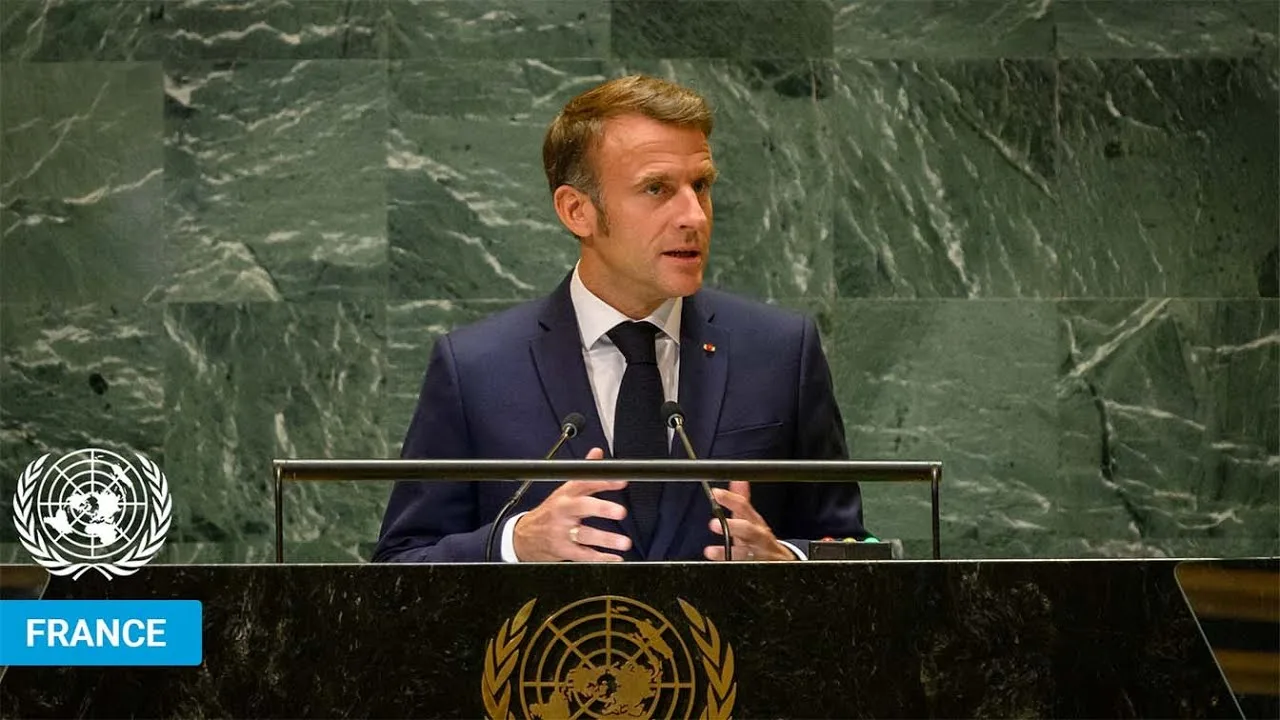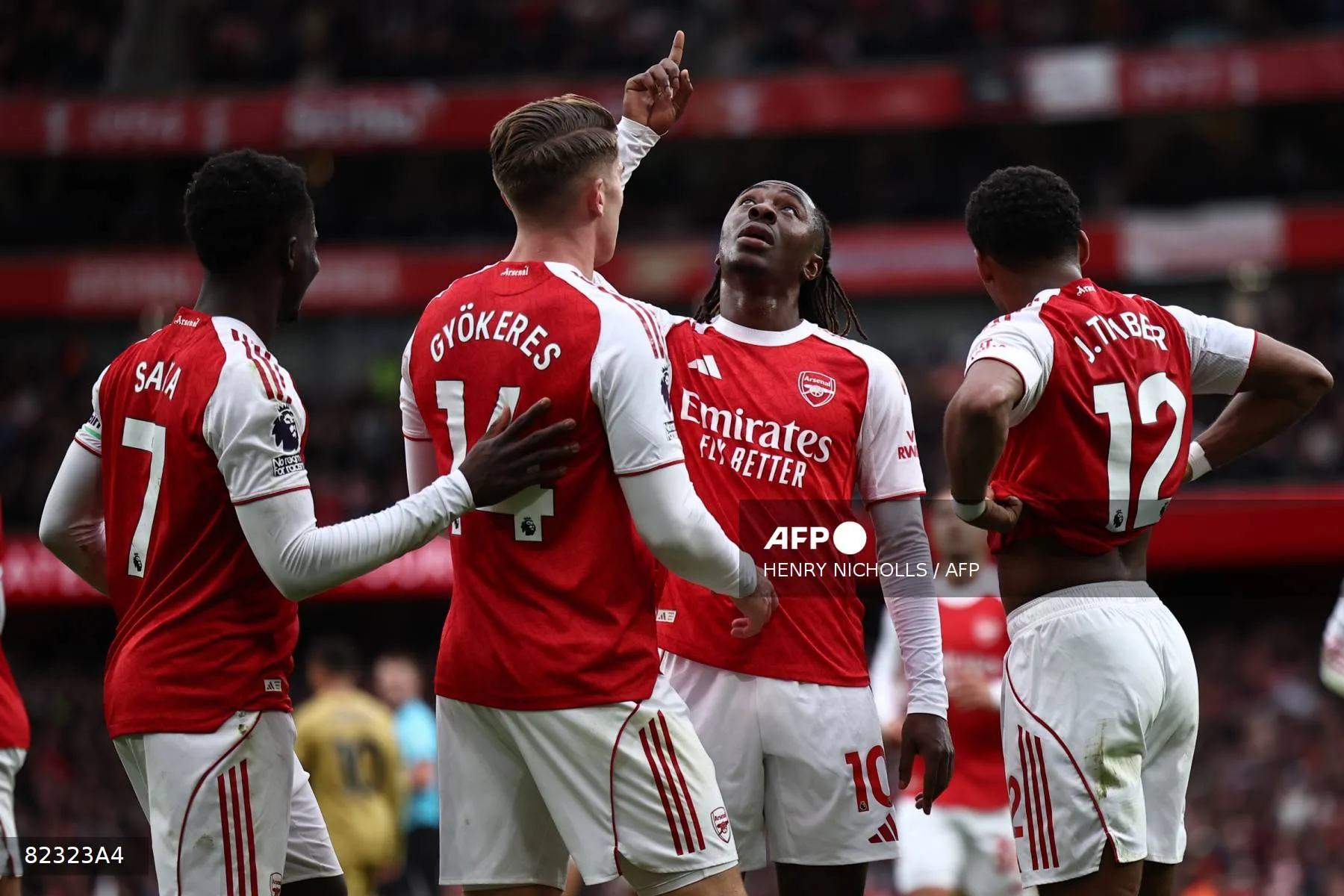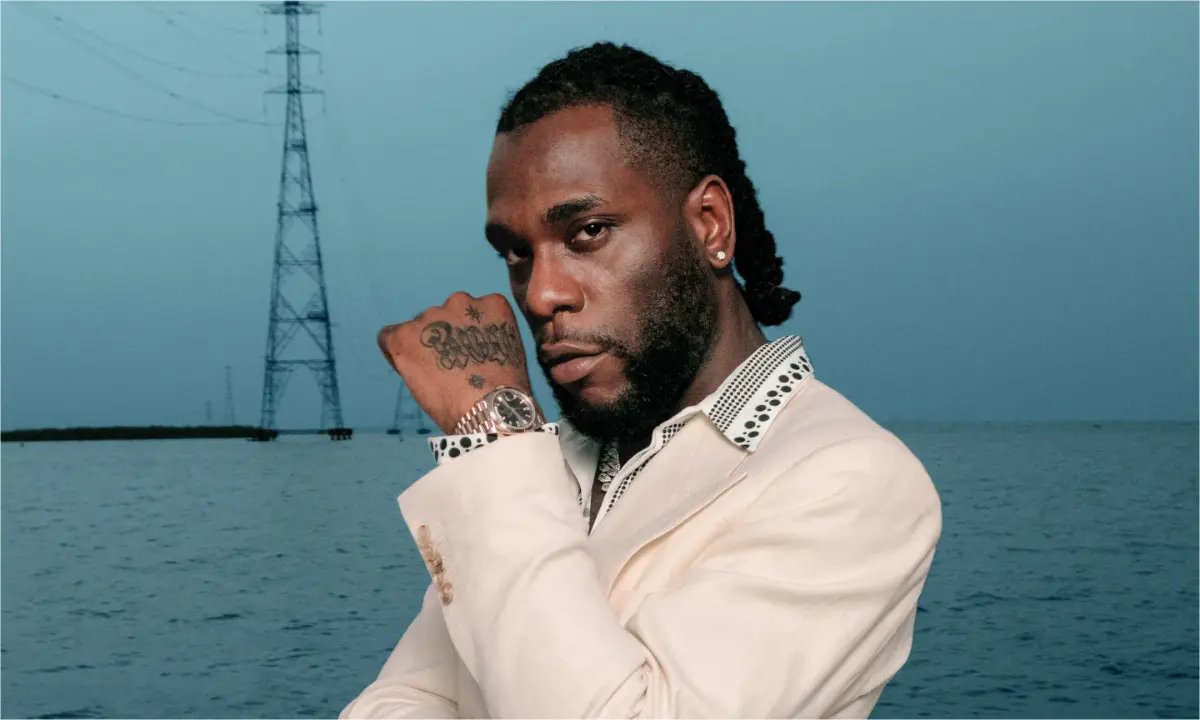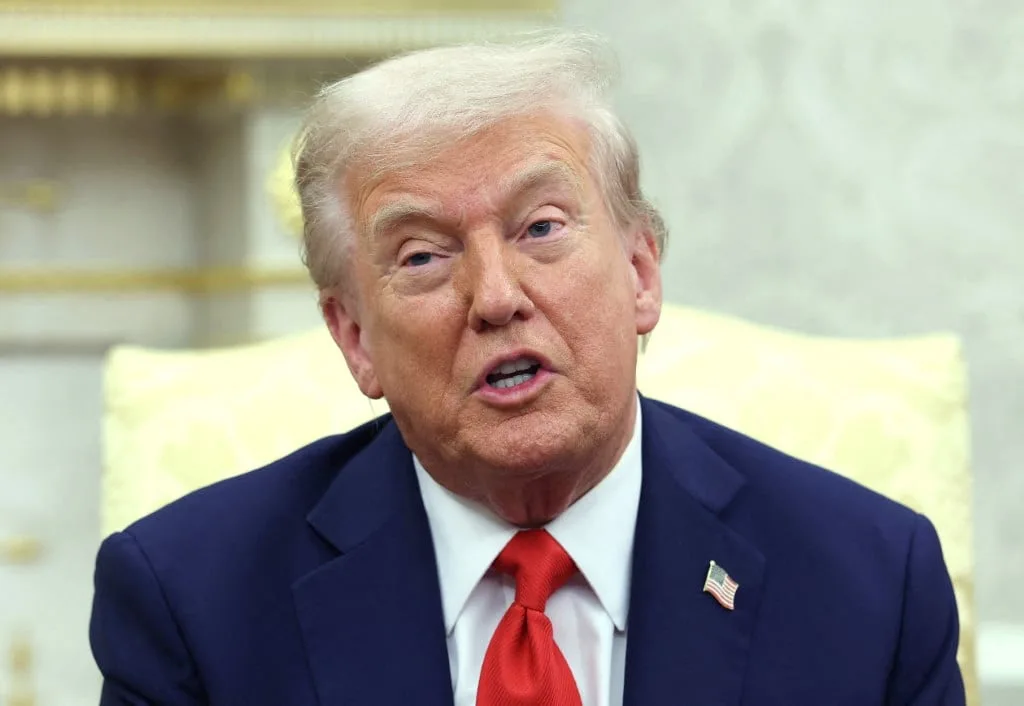How France’s recognition of Palestine - and President Trump’s UN stance - reshape Nigeria’s diplomatic options
The diplomatic shake-up at UNGA-80 — led by French President Emmanuel Macron’s decision to formally recognise a Palestinian state and U.S. President Donald Trump’s combative critique of multilateral institutions — presents Nigeria with both risks and opportunities. The twin moves alter the international balance on the Israeli-Palestinian question, complicate relations between traditional partners, and force Nigeria to recalibrate its posture on humanitarian diplomacy, peacekeeping, and strategic partnerships.
What happened — quick recap
- On 22–23 September 2025, France and several other Western states formally recognised the State of Palestine at events tied to UNGA-80, with President Macron arguing recognition is necessary to jump-start a two-state settlement and to protect civilians in Gaza.
- At the same time, President Trump used his UNGA platform to sharply criticise the UN and to argue for a return to hard-nation, sovereignty-first policies — signalling a different approach from many European capitals that backed recognition.
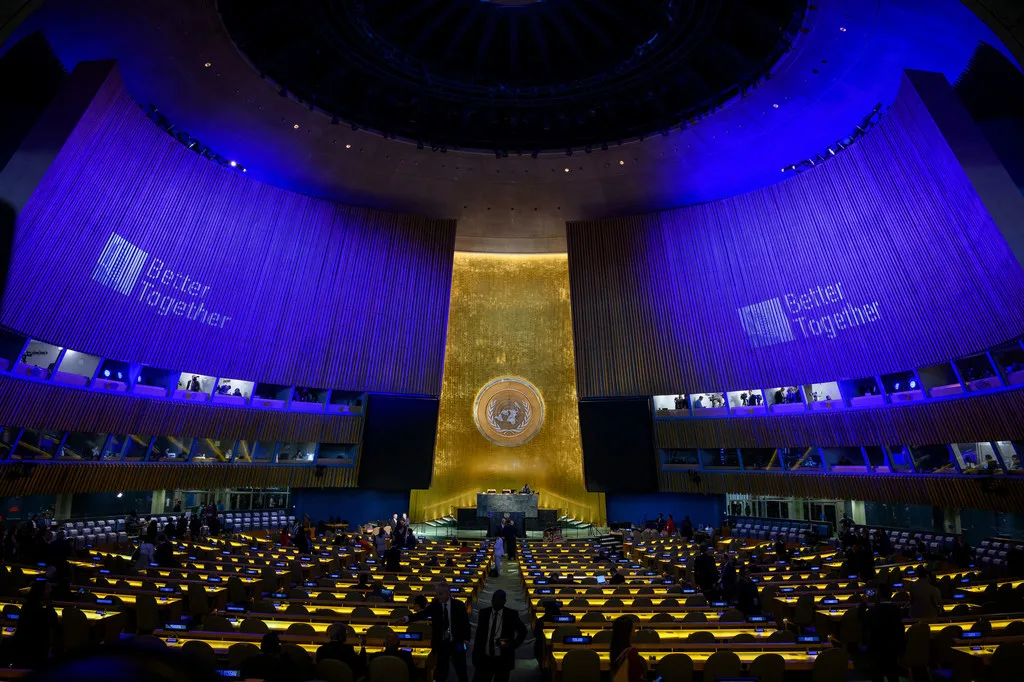
Why this matters for Nigeria
Diplomatic balancing act between major partners
Nigeria’s foreign policy has traditionally sought to balance ties with Western powers, Arab states, and non-aligned partners. France’s recognition - followed by the UK, Canada and others - places Nigeria between two consolidating blocs: one pushing for formal recognition and multilateral stabilization measures, the other (as voiced by President Trump) sceptical of rapid institutional moves and critical of certain UN approaches. Nigeria will likely be pressured to take a clearer line - or risk being sidelined in regional caucuses at the UN.
Humanitarian diplomacy & domestic politics
The humanitarian catastrophe in Gaza has resonated across Africa and with Nigeria’s large Muslim and Christian constituencies. Nigerian leaders face domestic pressure to condemn civilian suffering and support humanitarian relief while also maintaining relations with Israel, Western partners and Gulf donors. Taking an unequivocal position for or against recognition risks alienating some domestic constituencies and external partners; staying neutral risks domestic political blowback.
Leverage in multilateral forums and peace mediation
France’s move increases calls at the General Assembly and other UN bodies for concrete measures (recognition, stabilization forces, humanitarian corridors). Nigeria, with its peacekeeping legacy and role in ECOWAS, could use this moment to position itself as an African interlocutor for post-conflict stabilization, mediation and humanitarian coordination - but only if Abuja plays a proactive diplomatic role. If Nigeria appears hesitant, other African states may fill that leadership vacuum.
Security cooperation and peacekeeping calculations
Trump’s posture - emphasising national sovereignty and scepticism of UN institutions - may influence U.S. financing and political support for large UN stabilization missions. Nigeria must therefore weigh future peacekeeping commitments carefully: continue robust troop contributions to maintain diplomatic clout, or reduce exposure while pushing for African-led solutions and financing mechanisms. Funding shortfalls or shifting U.S. support could complicate mission logistics where Nigeria is engaged.
Economic and geopolitical follow-through
Recognition by major European powers could trigger new sanctions, investment shifts, or diplomatic friction with Israel and with parts of the U.S. administration that oppose recognition. For Nigeria, this means calibrating trade, investment and security ties so that pivoting on the Palestinian question does not unintentionally harm development financing or military cooperation important for counter-insurgency efforts at home.
Practical policy choices for Abuja
- Adopt a principled, pragmatic statement - Nigeria can issue a statement stressing protection of civilians, support for a negotiated two-state solution, and backing for UN humanitarian mechanisms without immediately changing formal recognition policy. This preserves diplomatic room while signalling concern. (Useful short-term option.)
- Push African coordination - Work with AU and ECOWAS partners to present a common African position at the UN that links humanitarian access, reconstruction financing, and a roadmap for political settlement. Collective African diplomacy reduces the chance Abuja is isolated.
- Leverage peacekeeping credibility - Use Nigeria’s status as a major troop-contributor to demand clearer financing guarantees for any international stabilization operations, and to advocate for stronger African leadership in post-conflict governance arrangements.
- Protect strategic partnerships - Quietly engage Washington, Paris and key Gulf partners to manage fallout from recognition debates - emphasise continued cooperation on counter-terrorism, trade and development even while pressing for humanitarian outcomes.
- Prepare domestic messaging - Anticipate potential domestic backlash by framing Nigeria’s diplomatic choices around protection of civilians, international law, and tangible benefits (humanitarian relief, reconstruction funding, and stability) rather than abstract geopolitics.


